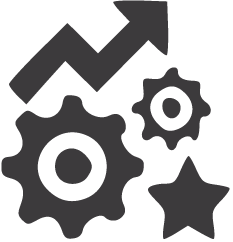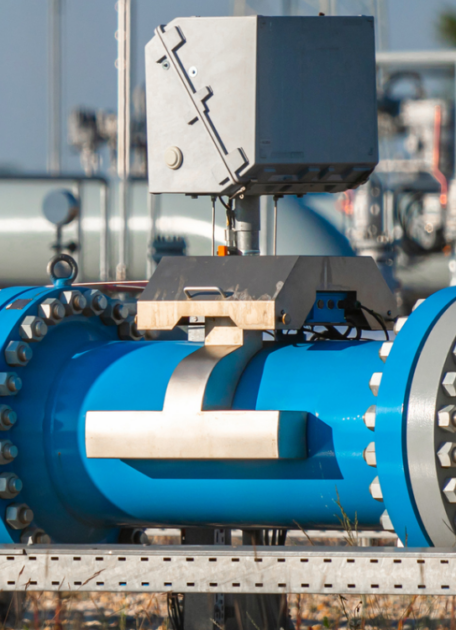In a long-term move towards environmental sustainability, the European Union (EU) approved a regulation in May 2023 aimed at combating deforestation. This regulation, a key component of the EU’s ambitious Green Deal, will take effect on December 30, 2024. It covers eight commodities — oil palm, soy, wood, cocoa, coffee, cattle, and rubber — and, in some cases, related finished products, all of which are significant contributors to deforestation.
The European Union Deforestation Regulation (EUDR) aims to minimize the impact of EU consumption on global deforestation and forest degradation by imposing several key requirements on businesses and operators within the EU market.
Who is affected by the regulation?
The EUDR applies to a range of commodities associated with deforestation, including soy, palm oil, wood, cocoa, coffee, rubber, and cattle, as well as products derived from these commodities. Each production country will be classified by EU authorities according to the risk of deforestation, and different obligations will occur to European business operators.
Importers and exporters (defined as Operators) must conduct due diligence, providing geolocation coordinates for the land where the commodities were produced and ensuring full traceability back to the plot of land to verify that production does not contribute to deforestation. A due diligence statement is required to be submitted to EU authorities certifying compliance, before placing product on the market or exporting them.
Even business parties (defined as Traders) which are not importing commodities in scope of EUDR and just buying from EU suppliers have the obligation to collect the outcome of the due diligence performed by operators. Non-compliance with EUDR requirements can result in significant penalties, including fines and restrictions on market access. The obligation to submit a correct and timely EUDR documentation brings a series of implications for different Companies functions.
// Implications and Strategies for Compliance with EUDR Regulations
-

Supplier management implications
Suppliers, especially if outside EU, must be qualified and crucial data must be collected
-

Cost implications
Claims on raw material prices can come from suppliers, and companies must invest in assets to ensure readiness
-

Supply chain implications
Supply chain flows, from sourcing of raw materials to finished goods sales must be tracked
-

IT implications
Material master data availability becomes crucial, as well as IT systems readiness to comply with regulation
-

Legal implications
EUDR due diligence statements must be submitted in compliant and timely fashion
The regulation can affect prices and supply chain flows, reducing flexibility in intercompany movements. European operators will need to balance compliance efforts with the risk of double standards, potentially impacting competitiveness in non-EU markets.
// Challenges and Adaptations in EU Supply Chains under EUDR Regulations
Double Standard: Other non-European countries are moving to develop regulations but so far the EUDR seems to be the most stringent, so the EU companies might face double standard impacting competitiveness on other markets.
Sourcing Strategy Flexibility: EU companies supply chains are complex and requires flexibility to ensure saturation and address capacity issues (e.g. leveraging on Co-Man also outside EU; exploit cross regional flows…).
Global Supply Chain & Capacity constraints: Client sourcing strategies for core commodities benefit from the flexibility of international or global supplies, which are adapted according to product availability and significantly influence prices.
-
 Double Standard
Double Standard
-
 Global Supply Chain & Capacity constraints
Global Supply Chain & Capacity constraints
-
 Sourcing Strategy Flexibility
Sourcing Strategy Flexibility





